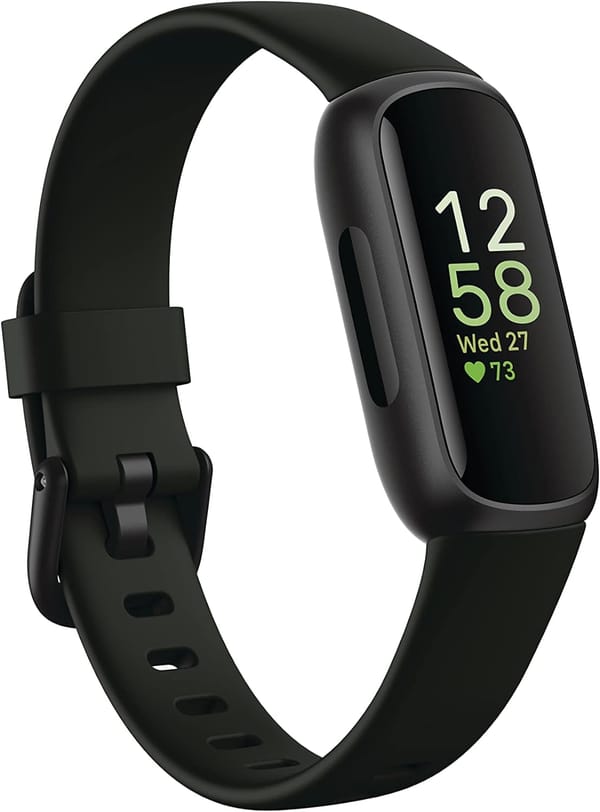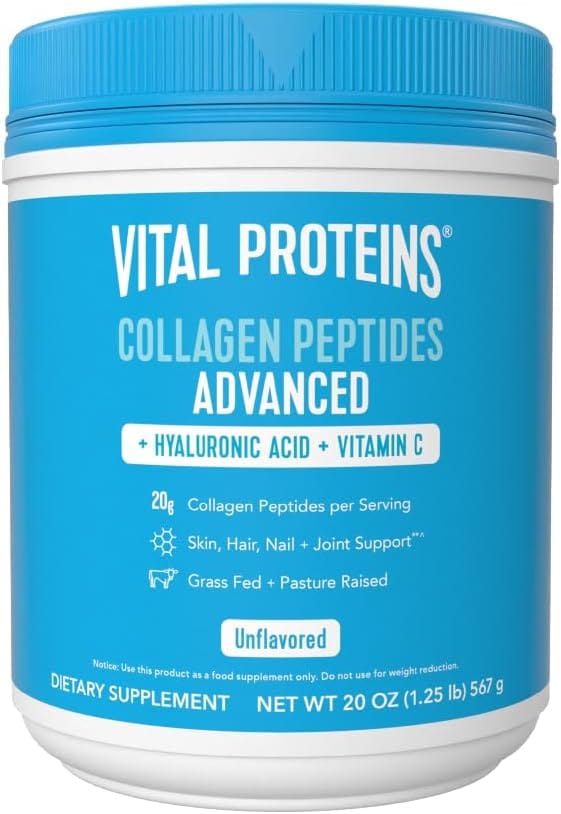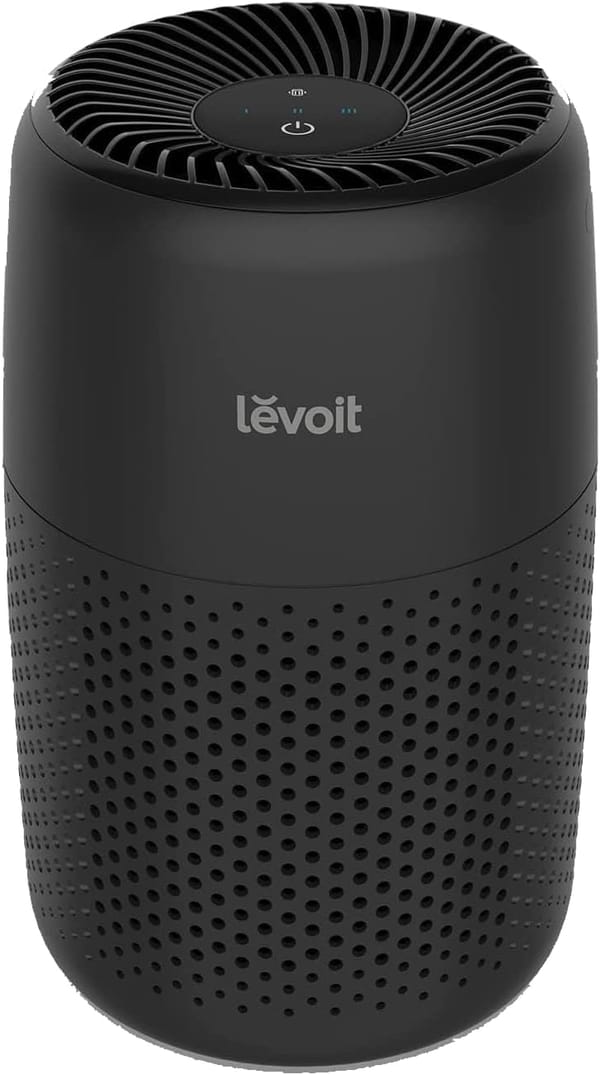Have you ever wondered about the intricate world of cannabinoids? While CBD has been stealing the spotlight in recent years, there's another rising star in the wellness world — CBG. But here's the question on everyone's minds: Does full spectrum CBD contain CBG? Let's dive into the fascinating realm of cannabinoids and uncover the truth about full spectrum CBD and its relationship with CBG!
Did you know that the cannabis plant contains over one hundred different cannabinoids? It's true! Each of these compounds interacts with our body in unique ways, potentially offering a range of wellness benefits. As we explore the connection between CBD and CBG, you'll discover why many people are turning to full spectrum products for a more comprehensive approach to their well-being.
What is Full Spectrum CBD?
Full spectrum CBD is a type of hemp extract that contains all the naturally occurring compounds found in the cannabis plant. This includes a variety of cannabinoids, terpenes, and trace amounts of THC (less than 0.3% as per the 2018 Farm Bill). The beauty of full spectrum CBD lies in its ability to harness the "entourage effect" — a phenomenon where all these compounds work together synergistically to enhance one another's effects.
Let's break down the key components of full spectrum CBD:
- Cannabinoids: Besides CBD, you'll find other cannabinoids like CBG, CBN, and trace amounts of THC.
- Terpenes: These aromatic compounds contribute to the flavor and potential therapeutic properties of the extract.
- Flavonoids: These plant compounds have antioxidant properties and may offer additional health benefits.
Compared to broad-spectrum CBD (which contains multiple cannabinoids but no THC) and CBD isolate (pure CBD), full spectrum products offer a more comprehensive cannabinoid profile. This is why many users prefer full spectrum CBD oil for their wellness routines.
Ready to experience the synergistic benefits of full spectrum CBD? Check out Steve's Goods premium selection of full spectrum CBD products designed to enhance your wellness journey!
Understanding CBG (Cannabigerol)
Now let's turn our attention to CBG, or cannabigerol. Often referred to as the "mother of all cannabinoids," CBG plays a crucial role in the cannabis plant. It's a precursor to other cannabinoids, meaning it breaks down to form CBD, THC, and other compounds as the plant matures.
Here's a quick overview of CBG:
- Non-psychoactive: Like CBD, CBG doesn't produce a "high"
- Potential benefits: Early research suggests CBG may have various wellness properties
- Rare: CBG is found in smaller quantities compared to CBD in mature plants

While research on CBG is still in its early stages, many users report positive experiences when incorporating CBG into their wellness routines. Some potential benefits being studied include its effects on mood, discomfort, and overall well-being.
Does Full Spectrum CBD Contain CBG?
The short answer is yes, full spectrum CBD typically does contain CBG. However, the amount can vary depending on several factors:
- Plant genetics: Some hemp strains naturally produce more CBG than others.
- Harvest time: CBG content is higher in young plants before it converts to other cannabinoids.
- Extraction method: Different processes may preserve varying amounts of CBG.
To give you a clearer picture, here's a typical cannabinoid profile of a full spectrum CBD product:
| Cannabinoid | Percentage Range |
|---|---|
| CBD | 50-80% |
| CBG | 1-5% |
| CBN | 0.1-1% |
| THC | <0.3% |
Remember, these percentages can vary, which is why it's crucial to look for products with third-party lab test results. These tests, often called Certificates of Analysis (COAs), provide a detailed breakdown of the cannabinoid content in each product.
The Synergy Between CBD and CBG
One of the most exciting aspects of full spectrum CBD products is the potential synergy between different cannabinoids, particularly CBD and CBG. This interaction is part of the entourage effect we mentioned earlier.
While CBD interacts with various receptors in the body, including those in the endocannabinoid system, CBG seems to have its own unique set of effects. When combined, these cannabinoids may offer a more comprehensive approach to wellness.
Some potential benefits of the CBD-CBG combo being studied include:
- Enhanced mood support
- Improved focus and clarity
- Better sleep quality
- Overall sense of balance and well-being
It's important to note that while many users report positive experiences, more research is needed to fully understand the effects of combining CBD and CBG. Always consult with a healthcare professional before adding any new supplement to your routine.
Choosing the Right Full Spectrum CBD Product
When shopping for full spectrum CBD products, keep these tips in mind:
- Look for third-party lab tests: These ensure you're getting what's advertised.
- Check the CBD:CBG ratio: Some products may have higher CBG content if that's what you're after.
- Consider the carrier oil: MCT oil is a popular choice for its potential to enhance absorption.
- Start with a low dose: Use the dropper to measure your intake and adjust as needed.

Whether you're interested in a CBD oil tincture, CBD gummies, or other forms of CBD products, always prioritize quality and transparency from the brand you choose.
How to Use Full Spectrum CBD Products
Incorporating full spectrum CBD into your routine is simple. Here are some common methods:
- Sublingual: Place the desired amount under your tongue using the dropper, hold for 30-60 seconds, then swallow.
- Edibles: CBD gummies or capsules offer a pre-measured dose and are easy to take on the go.
- Topicals: CBD-infused creams or balms can be applied directly to the skin.
Remember, everyone's body reacts differently to cannabinoids. Start with a low dose and gradually increase until you find what works best for you.
Legal Considerations and Safety
Thanks to the 2018 Farm Bill, hemp-derived CBD products containing less than 0.3% THC are federally legal in the United States. However, laws can vary by state, so always check your local regulations.
It's crucial to note that CBD products, including those containing CBG, are not intended to diagnose, treat, cure, or prevent any disease. The FDA has not evaluated these statements, and CBD is not approved as a dietary supplement.
Conclusion
As we've discovered, full spectrum CBD typically does contain CBG, offering a more comprehensive cannabinoid profile than isolated products. This dynamic duo works together to potentially enhance your wellness experience through the entourage effect.
Remember, when shopping for full spectrum CBD products, always look for third-party lab results to confirm the cannabinoid profile. Whether you're a CBD veteran or just starting your journey, understanding the relationship between CBD and CBG can help you make more informed choices for your health and wellness routine.
So why not explore the synergistic benefits of these amazing cannabinoids? Your body might just thank you for embracing the full spectrum of what hemp has to offer!
Affiliate Disclosure: As a Steve's Goods affiliate, if you sign up through the above links, I may receive a commission at no additional cost to you.






